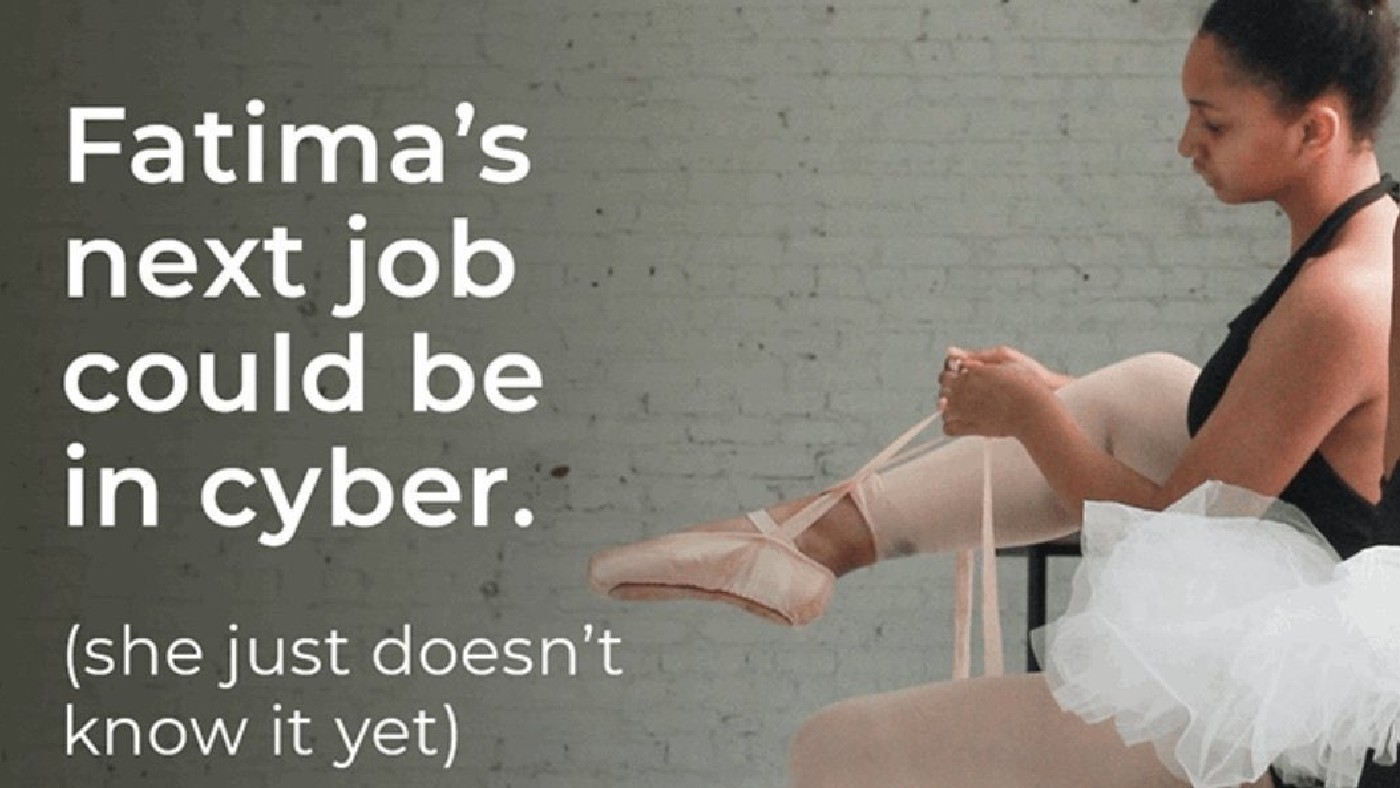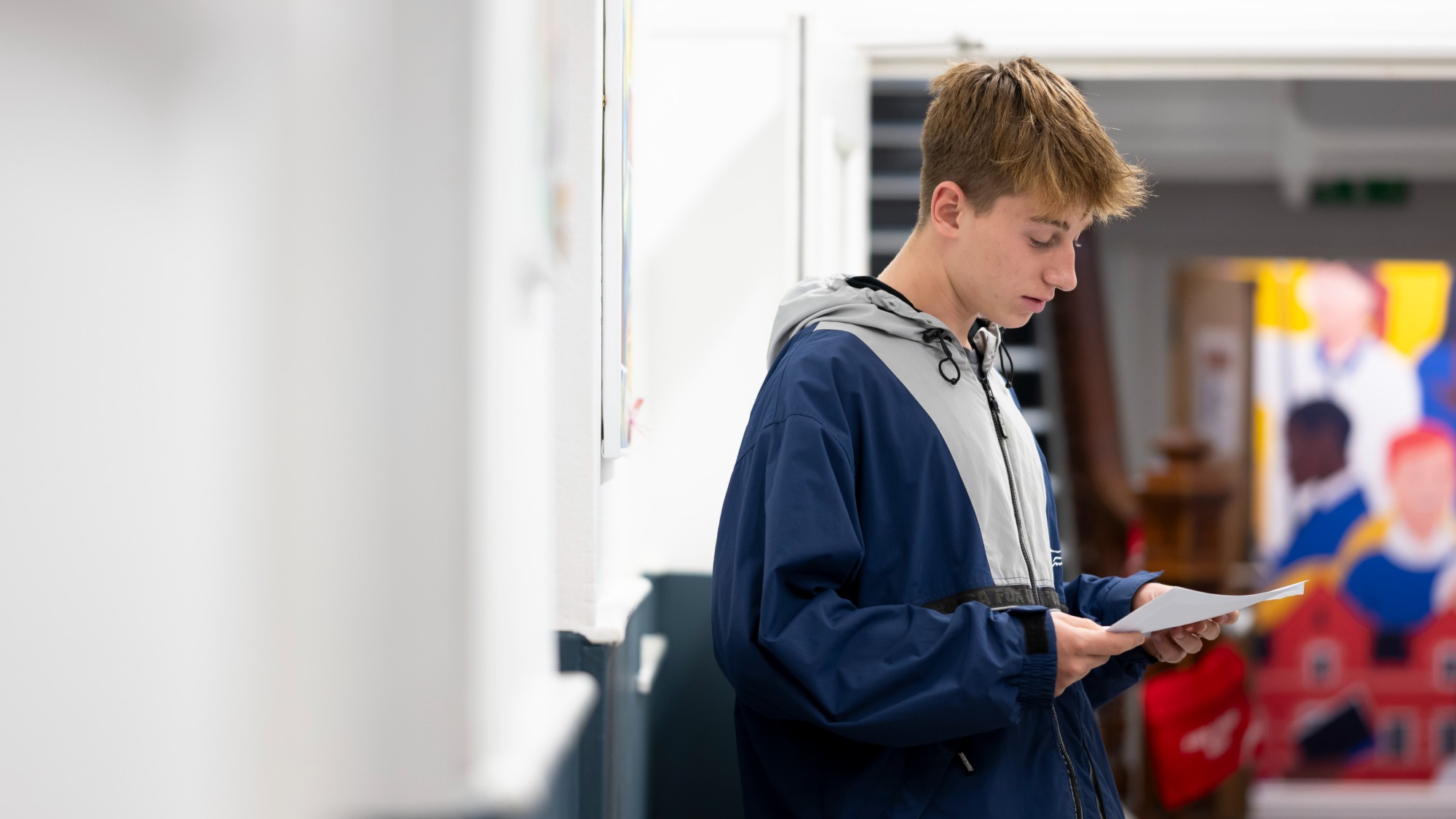Why is the government planning to cut arts education funding by 50%?
Proposal described by critics as ‘catastrophic’ and ‘an attack on the future of UK arts’

A free daily email with the biggest news stories of the day – and the best features from TheWeek.com
You are now subscribed
Your newsletter sign-up was successful
The government is facing a backlash from some of the country’s most prominent artists and writers after revealing plans to slash funding for higher education arts courses by 50%.
The budget cuts follow a six-week consultation by Education Secretary Gavin Williamson and the Office for Students, the independent regulator for higher education in England, that found arts education subjects were not “strategic priorities”.
The deadline for consultation on the budget cuts, which may come into effect during the 2021-22 academic year, is today. Other proposals include increased funding for courses “identified as supporting the NHS”, including science, technology, engineering and mathematics (STEM) subjects.
The Week
Escape your echo chamber. Get the facts behind the news, plus analysis from multiple perspectives.

Sign up for The Week's Free Newsletters
From our morning news briefing to a weekly Good News Newsletter, get the best of The Week delivered directly to your inbox.
From our morning news briefing to a weekly Good News Newsletter, get the best of The Week delivered directly to your inbox.
The reduction in funding, which would affect performing and creative arts, media studies and archaeology courses, has been described by the Public Campaign for the Arts as “catastrophic” and “an attack on the future of UK arts”.
A petition opposing the cuts, launched on 5 May by the arts lobbying group, describes the reduction in funding as “a targeted attack on arts subjects” and has received more than 56,000 signatures.
“Artists and curators” are also “urging the government to reconsider”, The Art Newspaper adds, with the artist Bob and Roberta Smith telling the paper that the “truly appalling cuts to arts subjects will further divide society”. Artist Sarah Kogan wrote on Instagram that “a 50% cut to arts education is unthinkable. We believe the arts should absolutely be a strategic priority for the government.”
And Booker prize-winning Girl, Woman, Other author Bernardine Evaristo wrote on Twitter that “this tin-pot chumocratic government has its priorities all wrong”, adding: “An absurd £37bn on the failed Test & Trace, unlawfully awarded, now this awful assault on the arts in universities.”
A free daily email with the biggest news stories of the day – and the best features from TheWeek.com
A Department for Education (DfE) spokesperson told The Guardian that the proposal would “only affect the additional funding allocated towards some creative subjects” and would direct funding towards subjects that “support the skills this country needs to build back better”.
The government faced similar criticism in October last year when its Cyber First campaign, which encouraged people working in the arts to pursue a career in cybersecurity, resurfaced on social media. The advert showed a young ballerina with the caption “Fatima’s next job could be in tech”.
Secretary of State for Culture Oliver Dowden distanced himself from what he described as a “crass” advert. “I want to save jobs in the arts which is why we are investing £1.57bn,” he tweeted at the time.
Kate Samuelson is The Week's former newsletter editor. She was also a regular guest on award-winning podcast The Week Unwrapped. Kate's career as a journalist began on the MailOnline graduate training scheme, which involved stints as a reporter at the South West News Service's office in Cambridge and the Liverpool Echo. She moved from MailOnline to Time magazine's satellite office in London, where she covered current affairs and culture for both the print mag and website. Before joining The Week, Kate worked at ActionAid UK, where she led the planning and delivery of all content gathering trips, from Bangladesh to Brazil. She is passionate about women's rights and using her skills as a journalist to highlight underrepresented communities. Alongside her staff roles, Kate has written for various magazines and newspapers including Stylist, Metro.co.uk, The Guardian and the i news site. She is also the founder and editor of Cheapskate London, an award-winning weekly newsletter that curates the best free events with the aim of making the capital more accessible.
-
 Local elections 2026: where are they and who is expected to win?
Local elections 2026: where are they and who is expected to win?The Explainer Labour is braced for heavy losses and U-turn on postponing some council elections hasn’t helped the party’s prospects
-
 6 of the world’s most accessible destinations
6 of the world’s most accessible destinationsThe Week Recommends Experience all of Berlin, Singapore and Sydney
-
 How the FCC’s ‘equal time’ rule works
How the FCC’s ‘equal time’ rule worksIn the Spotlight The law is at the heart of the Colbert-CBS conflict
-
 American universities are losing ground to their foreign counterparts
American universities are losing ground to their foreign counterpartsThe Explainer While Harvard is still near the top, other colleges have slipped
-
 Oklahoma fires instructor over gender essay grade
Oklahoma fires instructor over gender essay gradeSpeed Read
-
 Education: More Americans say college isn’t worth it
Education: More Americans say college isn’t worth itfeature College is costly and job prospects are vanishing
-
 The Trump administration’s plans to dismantle the Department of Education
The Trump administration’s plans to dismantle the Department of EducationThe Explainer The president aims to fulfill his promise to get rid of the agency
-
 How will new V level qualifications work?
How will new V level qualifications work?The Explainer Government proposals aim to ‘streamline’ post-GCSE education options
-
 England’s ‘dysfunctional’ children’s care system
England’s ‘dysfunctional’ children’s care systemIn the Spotlight A new report reveals that protection of youngsters in care in England is failing in a profit-chasing sector
-
 Send reforms: government's battle over special educational needs
Send reforms: government's battle over special educational needsThe Explainer Current system in 'crisis' but parents fear overhaul will leave many young people behind
-
 Penn wipes trans swimmer records in deal with Trump
Penn wipes trans swimmer records in deal with Trumpspeed read The University of Pennsylvania will bar transgender students from its women's sports teams and retroactively strip a trans female swimmer of her titles